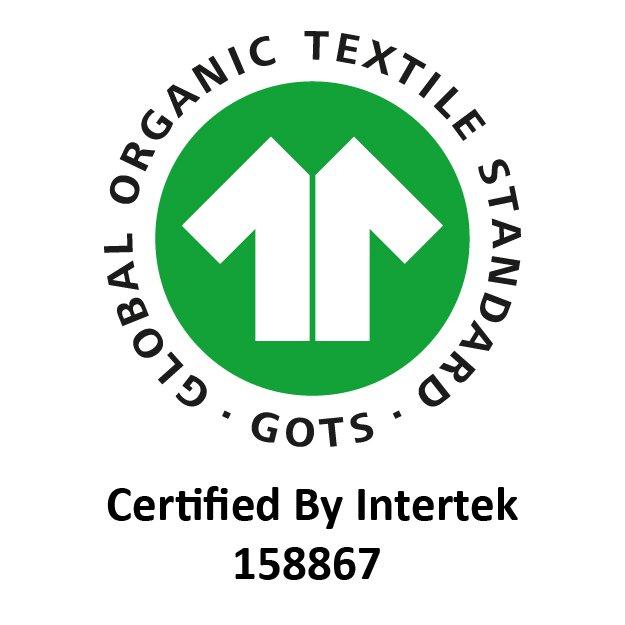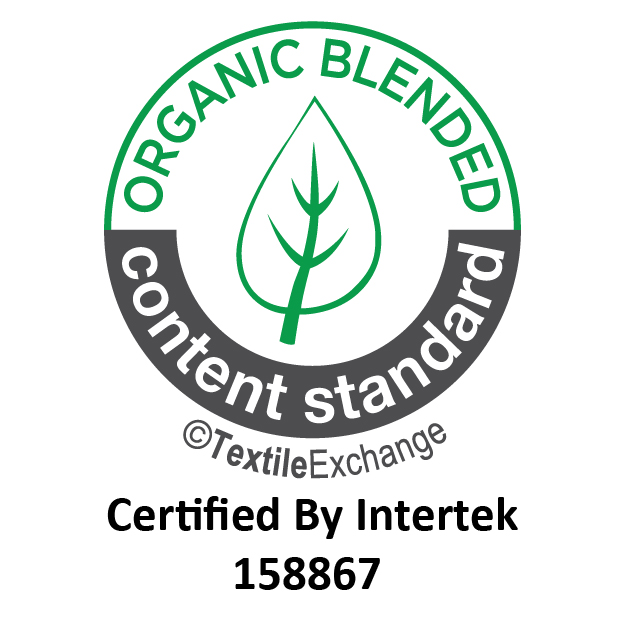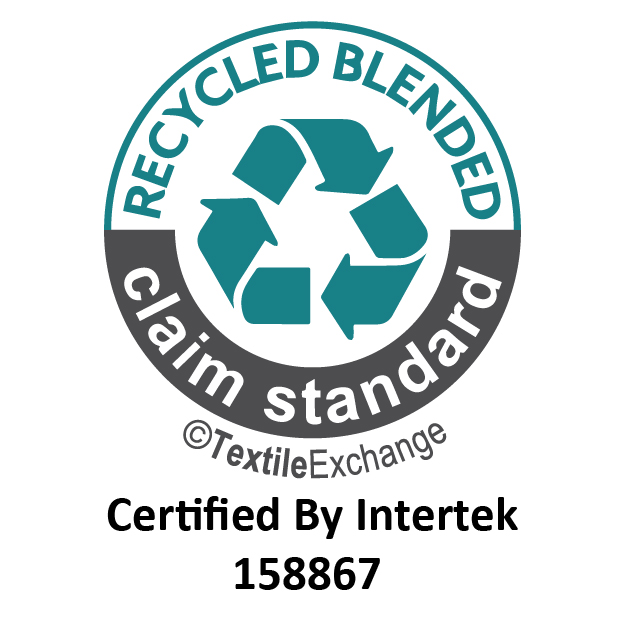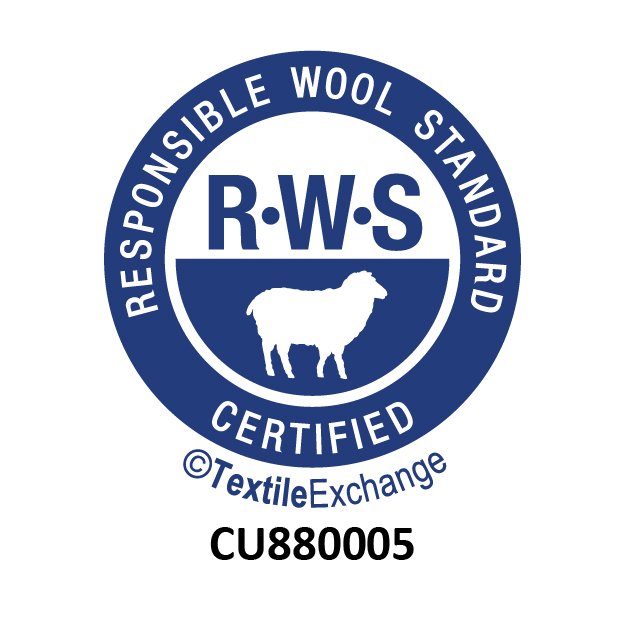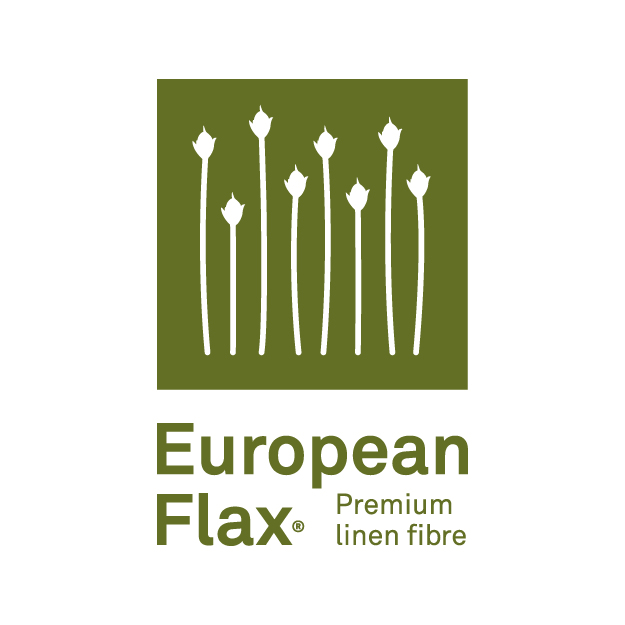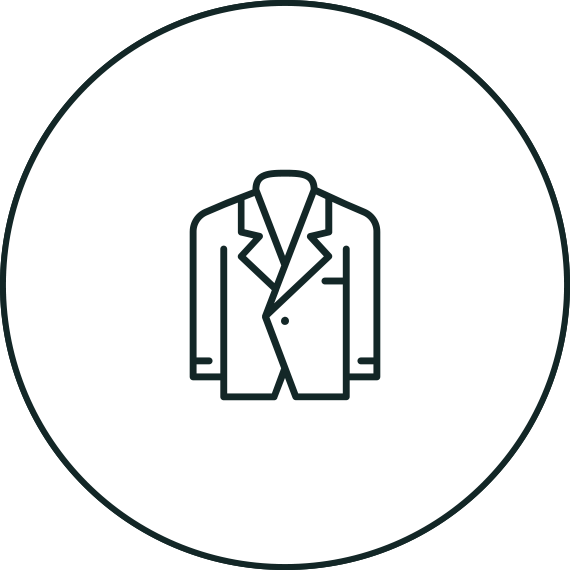Scroll Down
Scroll Down
Sustainability


Sustainability Policy
JORGES CONFECÇÕES S.A. is aware that the sector in which it operates is not devoid of actions, a fact that leads to a proactive attitude towards environmental and social sustainability, recognizing the urgency of this type of approach. Considering the current challenges, it involves all team members in the project of excellence, encouraging their participation in the Company’s environmental and social commitment, which is governed by the following guidelines:

Sustainability Policy
JORGES CONFECÇÕES S.A. is aware that the sector in which it operates is not devoid of actions, a fact that leads to a proactive attitude towards environmental and social sustainability, recognizing the urgency of this type of approach. Considering the current challenges, it involves all team members in the project of excellence, encouraging their participation in the Company’s environmental and social commitment, which is governed by the following guidelines:
—————————- Sustainability
– Adopt the best practices that allow it to improve environmental performance, whenever this is technically and economically viable;
– Constantly assess and monitor the environmental and social impact arising from the Company’s normal activity in order to identify opportunities for improvement that can be minimized;
– Promote the rational and efficient use of raw materials, natural and energy resources;
– Raise awareness and train the team in order to reinforce their level of awareness and promote their environmental and social skills;
– Integrate sustainability into the Company’s daily life;
– Ensure adequate health and safety conditions at work for its employees, assessing professional risks and implementing the necessary measures to minimize/eliminate them;
– Involve the team in the improvement process, encouraging their active participation in it by submitting suggestions and sharing ideas;
– Influence partners to assume the same environmentally and socially responsible behavior;
– Ensure compliance with the legislation in force and applicable to it.
Sustainability
– Adopt the best practices that allow it to improve environmental performance, whenever this is technically and economically viable;
– Constantly assess and monitor the environmental and social impact arising from the Company’s normal activity in order to identify opportunities for improvement that can be minimized;
– Promote the rational and efficient use of raw materials, natural and energy resources;
– Raise awareness and train the team in order to reinforce their level of awareness and promote their environmental and social skills;
– Integrate sustainability into the Company’s daily life;
– Ensure adequate health and safety conditions at work for its employees, assessing professional risks and implementing the necessary measures to minimize/eliminate them;
– Involve the team in the improvement process, encouraging their active participation in it by submitting suggestions and sharing ideas;
– Influence partners to assume the same environmentally and socially responsible behavior;
– Ensure compliance with the legislation in force and applicable to it.
—————————- Certificação
BELA VISTA ,
JORGES CONFECÇÕES
SA CERTIFICATIONS
GOTS – GLOBAL ORGANIC TEXTILE STANDARD
The Global Organic Textile Standard (GOTS) is an internationally recognised organic textile standard. Since its introduction in 2006, GOTS has demonstrated its practical feasibility and is supported by the growth in consumption of organic fibres and the demand for a unified processing criteria from the industry and retail sectors.
GOTS ensures the organic status of textiles from the harvesting of the raw materials through environmentally and socially responsible manufacturing all the way to labelling, in order to provide credible assurances to the consumer. The standard covers the processing, manufacturing, packaging, labelling, trading and distribution of all textiles made from at least 70 percent certified organic natural fibres. The final fibre products may include, but are not limited to, yarns, fabrics, clothes and home textiles. However, this standard does not set criteria for leather products.
OCS BLENDED – ORGANIC CONTENT STANDARD
The Organic Content Standard/OCS verifies organically grown content and tracks it from the source to the final product. Products certified to the Organic Content Standard/OCS contain
organically grown content that has been (independently) verified at each stage of the supply chain, from the farm to the finished product. The purchase of Organic Content Standard/OCS certified products demonstrates demand for organic agriculture. Organic cotton is produced and certified to organic agricultural standards, which require practices to sustain ecosystems.
RCS – RECYCLED CLAIM STANDARD
The Recycled Claim Standard/RCS verifies recycled content and tracks it from the source to the final product. Products certified to the Recycled Claim Standard/RCS contain recycled content that has been (independently) verified at each stage of the supply chain, from the recycler to the finished product. The purchase of Recycled Claim Standard/RCS certified products demonstrates demand for recycled content.
RWS – RESPONSIBLE WOOL STANDARD
The (Responsible Wool Standard/RWS) verifies (wool) animal welfare and land management
requirements and tracks it from the source to the final product. Products certified to the (Responsible Wool Standard/RWS) contain (wool) from farms (independently) certified to animal welfare and land management requirements. The (Responsible Wool Standard/RWS) describes and (independently) certifies animal welfare practices in (wool) production from the farm to the final product. The purchase of (Responsible Wool Standard/RWS) certified products demonstrates demand for better animal welfare practices and responsible land management in the (wool) supply chain.
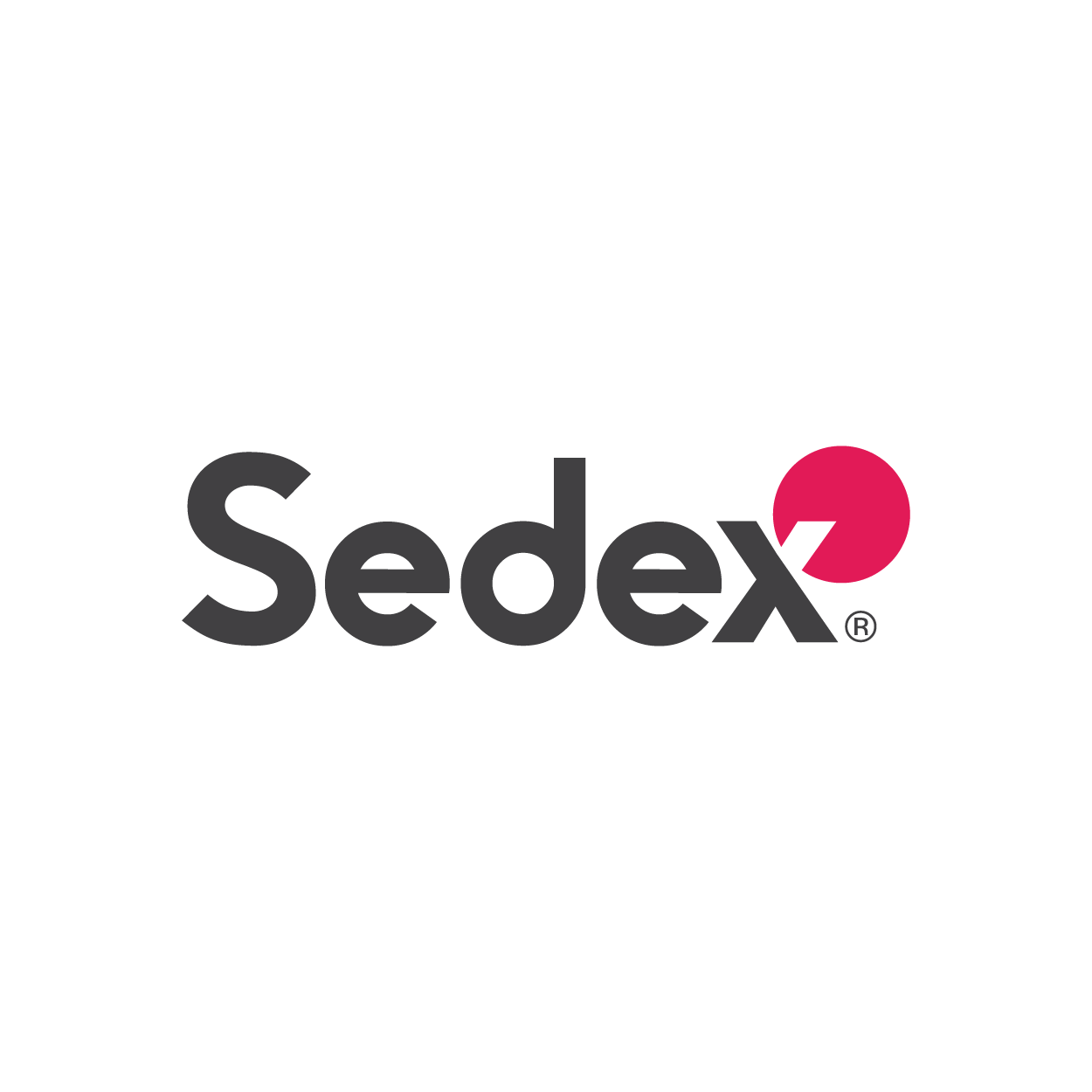
SMETA AUDITS
SMETA is one of the most widely used social audit procedures in the world. It provides a globally-recognized way to assess responsible supply chain activities, including labor rights, health & safety, the environment, and business ethics.
SMETA is an audit methodology, providing a compilation of best practice ethical audit techniques. It is designed to help auditors conduct high quality audits that encompass all aspects of responsible business practice, covering Sedex’s four pillars of labor, health and safety, environment, and business ethics.
SMETA is designed for suppliers to share one audit with multiple customers, meeting multiple customer requirements and reducing duplication in ethical auditing.
EUROPEAN FLAX®
EUROPEAN FLAX® is the qualitative visa of premium European linen fibre for all applications. It preserves, highlights and safeguards a uniquely European agriculture and industry, its regional origins and its inherent non-relocatable know-how. An ambitious global label that aims to be recognized by the final consumer.
The English word “flax” has been purposefully chosen: it translates the notion of the “linen fibre”, and is more appropriate than the generic word “linen” whose definitions take in thread, linen textiles and homeware textiles. The term “all applications” encompasses all the employed uses and products with a linen fibre base, as much fashion and home textile as high-performance technical products, such as composite materials.
EUROPEAN FLAX® linen fibre is the raw material for MASTERS OF LINEN® certified companies and products.
BELA VISTA , JORGES CONFECÇÕES
SA CERTIFICATIONS
GOTS – GLOBAL ORGANIC TEXTILE STANDARD
The Global Organic Textile Standard (GOTS) is an internationally recognised organic textile standard. Since its introduction in 2006, GOTS has demonstrated its practical feasibility and is supported by the growth in consumption of organic fibres and the demand for a unified processing criteria from the industry and retail sectors.
GOTS ensures the organic status of textiles from the harvesting of the raw materials through environmentally and socially responsible manufacturing all the way to labelling, in order to provide credible assurances to the consumer. The standard covers the processing, manufacturing, packaging, labelling, trading and distribution of all textiles made from at least 70 percent certified organic natural fibres. The final fibre products may include, but are not limited to, yarns, fabrics, clothes and home textiles. However, this standard does not set criteria for leather products.
OCS BLENDED – ORGANIC CONTENT STANDARD
The Organic Content Standard/OCS verifies organically grown content and tracks it from the source to the final product. Products certified to the Organic Content Standard/OCS contain
organically grown content that has been (independently) verified at each stage of the supply chain, from the farm to the finished product. The purchase of Organic Content Standard/OCS certified products demonstrates demand for organic agriculture. Organic cotton is produced and certified to organic agricultural standards, which require practices to sustain ecosystems.
RCS – RECYCLED CLAIM STANDARD
The Recycled Claim Standard/RCS verifies recycled content and tracks it from the source to the final product. Products certified to the Recycled Claim Standard/RCS contain recycled content that has been (independently) verified at each stage of the supply chain, from the recycler to the finished product. The purchase of Recycled Claim Standard/RCS certified products demonstrates demand for recycled content.
RWS – RESPONSIBLE WOOL STANDARD
The (Responsible Wool Standard/RWS) verifies (wool) animal welfare and land management
requirements and tracks it from the source to the final product. Products certified to the (Responsible Wool Standard/RWS) contain (wool) from farms (independently) certified to animal welfare and land management requirements. The (Responsible Wool Standard/RWS) describes and (independently) certifies animal welfare practices in (wool) production from the farm to the final product. The purchase of (Responsible Wool Standard/RWS) certified products demonstrates demand for better animal welfare practices and responsible land management in the (wool) supply chain.

SMETA AUDITS
SMETA is one of the most widely used social audit procedures in the world. It provides a globally-recognized way to assess responsible supply chain activities, including labor rights, health & safety, the environment, and business ethics.
SMETA is an audit methodology, providing a compilation of best practice ethical audit techniques. It is designed to help auditors conduct high quality audits that encompass all aspects of responsible business practice, covering Sedex’s four pillars of labor, health and safety, environment, and business ethics.
SMETA is designed for suppliers to share one audit with multiple customers, meeting multiple customer requirements and reducing duplication in ethical auditing.
EUROPEAN FLAX®
EUROPEAN FLAX® is the qualitative visa of premium European linen fibre for all applications. It preserves, highlights and safeguards a uniquely European agriculture and industry, its regional origins and its inherent non-relocatable know-how. An ambitious global label that aims to be recognized by the final consumer.
The English word “flax” has been purposefully chosen: it translates the notion of the “linen fibre”, and is more appropriate than the generic word “linen” whose definitions take in thread, linen textiles and homeware textiles. The term “all applications” encompasses all the employed uses and products with a linen fibre base, as much fashion and home textile as high-performance technical products, such as composite materials.
EUROPEAN FLAX® linen fibre is the raw material for MASTERS OF LINEN® certified companies and products.

